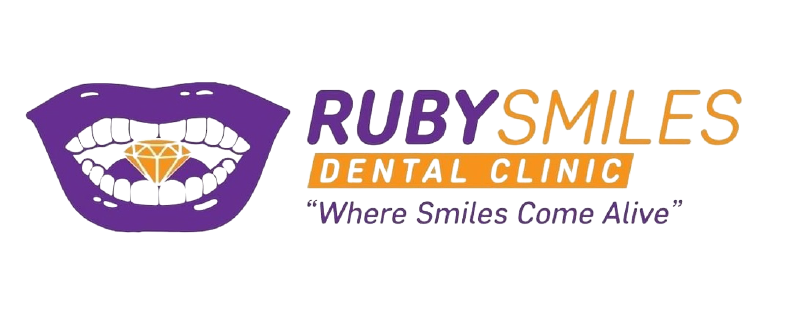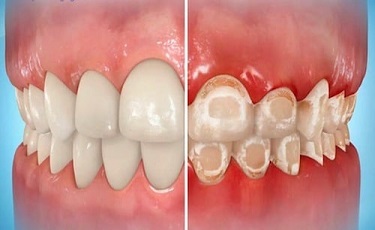How to identify if your braces have gone wrong | Braces pain
Only a qualified orthodontist or dental professional can accurately diagnose or identify issues with your braces treatment.
Signs to observe that may indicate your braces treatment has encountered problems are:
- Persistent pain or discomfort: It’s normal to experience discomfort or soreness after braces are placed or adjusted. However, if you’re experiencing severe or persistent pain that does not subside with time, it could be a sign of a problem.
- Difficulty speaking or eating: Braces can temporarily affect your ability to speak or eat comfortably, especially after adjustments. However, if you’re experiencing ongoing difficulty in these areas, it may indicate a problem with your treatment.
- Loose or broken brackets or wires: If brackets or wires become loose, detached, or broken, it can impact the effectiveness of your braces treatment. If this occurs, you must notify your orthodontist as soon as possible.
- Uneven or misaligned teeth: One of the goals of braces treatment is to align your teeth properly. If your teeth are not moving or aligning as expected, or if they appear more crooked or misaligned, it could indicate a problem with your treatment plan.
- Excessive sensitivity or gum irritation: While some sensitivity and mild gum irritation are normal during braces treatment, persistent or severe discomfort in the gums, tongue, or other oral tissues may suggest a problem.
- Delayed progress: If your treatment is progressing significantly slower than expected, or if there is no noticeable improvement after a considerable period, it’s important to discuss your concerns with your orthodontist. You can read how long it takes to see changes after braces installation here.
A few steps you may consider once you identify your braces treatment has gone wrong:
- Reach out to your orthodontist or dentist immediately to inform them about the issue you’re experiencing. It is best to correct a problem before the braces go wrong.
- Seek a second opinion: If you’re uncertain about the treatment or unhappy with the current orthodontist’s approach, you can consider seeking a second opinion from another qualified orthodontist.
Therefore if you’re experiencing any of these signs or have concerns about your treatment, it’s best to schedule an appointment with your orthodontist for a thorough evaluation. Or for any second opinion on your treatment do reach out to us via 0748877562 or book an appointment with us.

